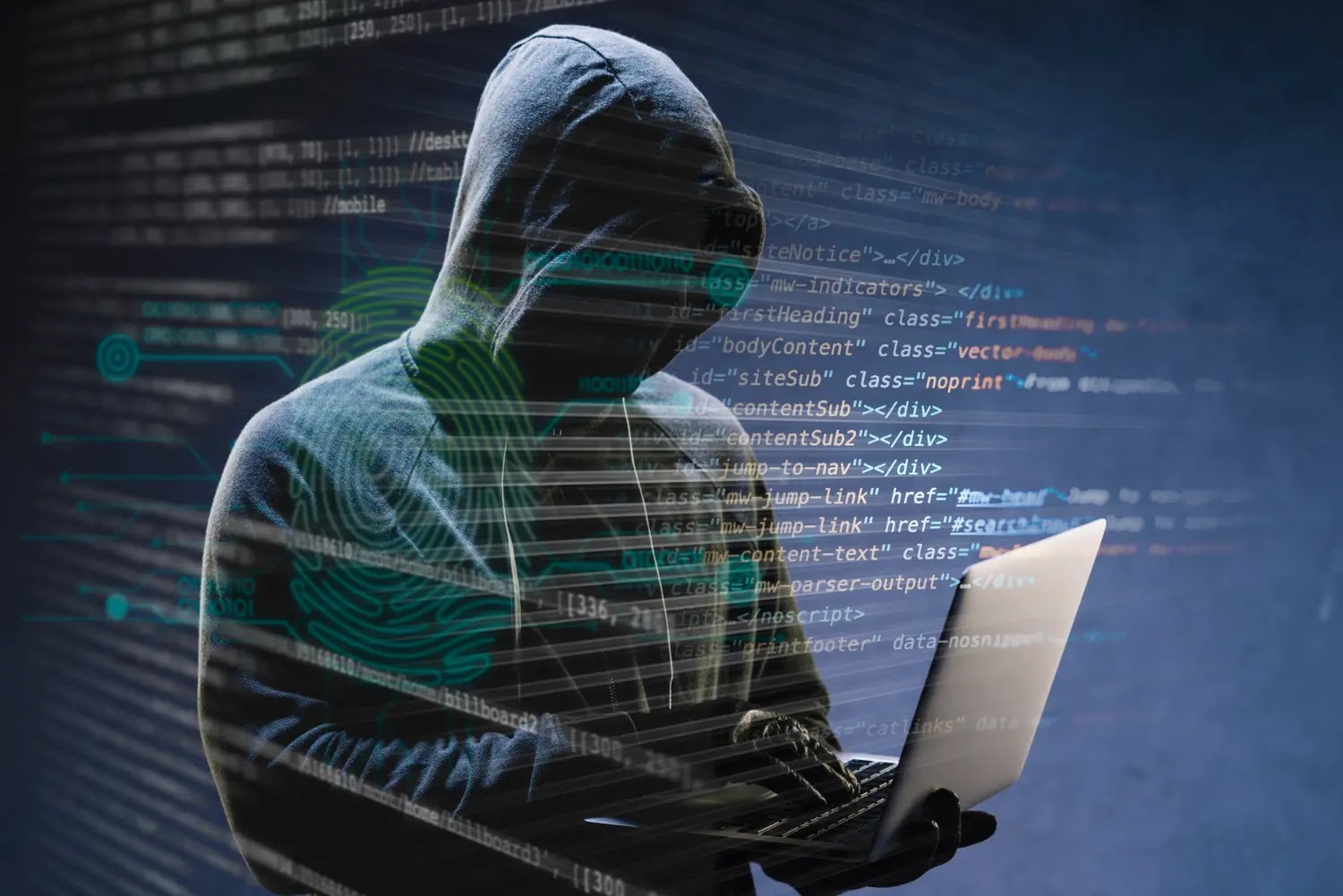By following these tips, you can reduce the possibility of being hacked and protect your social media accounts from misuse.
Protect your social media accounts from hacking
Social media is a great way to stay in touch with your friends, family, and followers, but it also comes with some risks. Hackers are constantly looking for ways to hack accounts and use them for malicious purposes. Through these accounts, they can steal users' personal information, spread false news, or send malicious messages. desirable.
For this reason, you need to take some measures to keep your social media accounts secure and prevent hackers from accessing and using them in a way that affects you or your reputation.
In this article, we are going to share with you 10 tips that will help you protect your social media accounts from hacking.
1. For every account, use a solid, distinct password.
A strong password must be at least 12 characters long and include a mix of uppercase and lowercase letters, numbers, and symbols.
A unique password means that you use a different password to secure other accounts. This way, if one account gets hacked, the other versions are kept safe.
If you find it difficult to create strong, unique passwords and keep them in a safe place, you can use a password manager.
2. Enable two-factor authentication
Two-factor authentication (2FA) adds an extra layer of security to the sign-in process for your accounts by asking for additional information, such as a code sent to your phone or generated by a two-factor authentication app, or a physical security key. This makes it impossible for hackers to log into your account even if they know the password.
3. Review your accounts' permissions and privacy settings regularly
Check which apps and websites have access to your social media accounts, and uncheck those you don't use or don't trust. Also, review your privacy settings and make sure you know who can see your posts and profile information.
4. Steer clear of clicking on shady links or attachments
Hackers often use phishing techniques to trick you into clicking on links or downloading malicious attachments that can infect your device with malware or steal login credentials.
Be wary of any messages or posts that ask you to click on a link, invite you to download files, or enter your password.
5. Use a VPN when connecting to public networks
Public Wi-Fi networks are not secure and can put the data you send and receive over the Internet at risk. A Virtual Private Network (VPN) encrypts your internet connection and hides your address, making it difficult for anyone to spy on you or intercept your traffic.
6. Keep your operating system, software, and applications updated
Software and application updates do not necessarily add new features, as they can include security patches and fixes for security holes that hackers can exploit. Therefore, always install the latest update for the operating system and all applications and programs as soon as they become available.
7. Be cautious while sharing information online.
Hackers can use the information you post on social media to guess your passwords, answer security questions, or impersonate you. do not share too much personal information; Such as your date of birth, address, phone number, or any other sensitive information.
8. Use different email addresses for each account
When you use the same email address for all your accounts on social media, hackers can, if the email is hacked, recover the passwords for all your accounts and access them. You can avoid this by creating separate email addresses for different purposes, such as one for personal use, one for work or online shopping, and so on.
9. Sign out of your accounts that you are not using
Signing out of your accounts prevents anyone from accessing them if they get hold of your device or use the same computer as you. This is especially important if you use a computer that is public or shared with others, such as computers in schools, universities, libraries, and workplaces.
10. Monitor your accounts for suspicious activity
Check your account activity regularly, and look for any signs of unauthorized access, such as unfamiliar posts, messages, follows, or login locations. If you notice anything unusual, change your password immediately.
By following these tips, you can reduce the possibility of being hacked and protect your social media accounts from being misused by hackers and cybercriminals.


Post a Comment